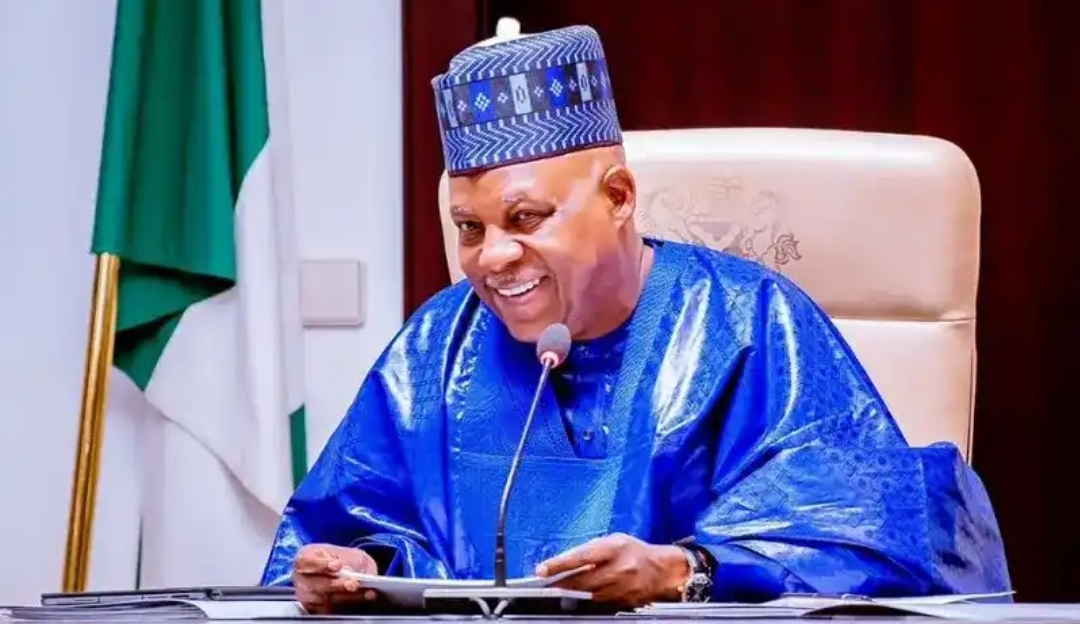
Vice President Kashim Shettima has expressed optimism that Nigeria’s economy will bounce back in the coming months.
He made this assertion on Saturday during the launch of the Nasarawa State Human Capital Development Strategy Document and Gender Transformative Human Capital Development Policy Framework in Lafia, the State capital.
“Nasarawa State’s commitment to the Human Capital Development Programme, a lifeline for our nation, is built on the collective realisation that enough is enough. Enough of the cycles that have held us back.
Enough of the legacies of unplanned high fertility rates and alarming maternal and under-five mortality rates. Enough of our vulnerable populations facing low life expectancy.
Enough of the distressing data on our education system—whether it is the mean years of schooling, the high pupil-to-teacher ratios, or the staggering number of youths not in employment, education, or training,” Shettima said.
He emphasized the need to reverse the growing informal sector and low labor force participation, exacerbated by Nigeria’s staggering unemployment rate.
READ ALSO: PDP Crisis: Damagum Was Suspended, Not Sacked – Dino Melaye Tells Court
“The unemployment rates, the growing informal sector, and low labour force participation must be reversed,” he stressed.
Shettima noted that the Human Capital Development Programme, initiated under President Bola Tinubu’s administration, aims to empower Nigerians with globally competitive skills.
“This strategy would enable Nigerian workers to excel both domestically and in the international job market,” he added.
The Vice President also acknowledged the ECOWAS region’s ranking as the lowest in the global Human Capital Development Index.
“Rather, it is an invitation for every country, and indeed sub-national entities, to rise to the challenge,” he encouraged.
Shettima emphasized the importance of providing quality education, equitable healthcare and equipping the workforce with 21st-century skills.
“Every child must have access to quality education, equitable healthcare, even as the nation’s workforce must be equipped with the skills necessary to thrive in the 21st-century economy,” Shettima said.




